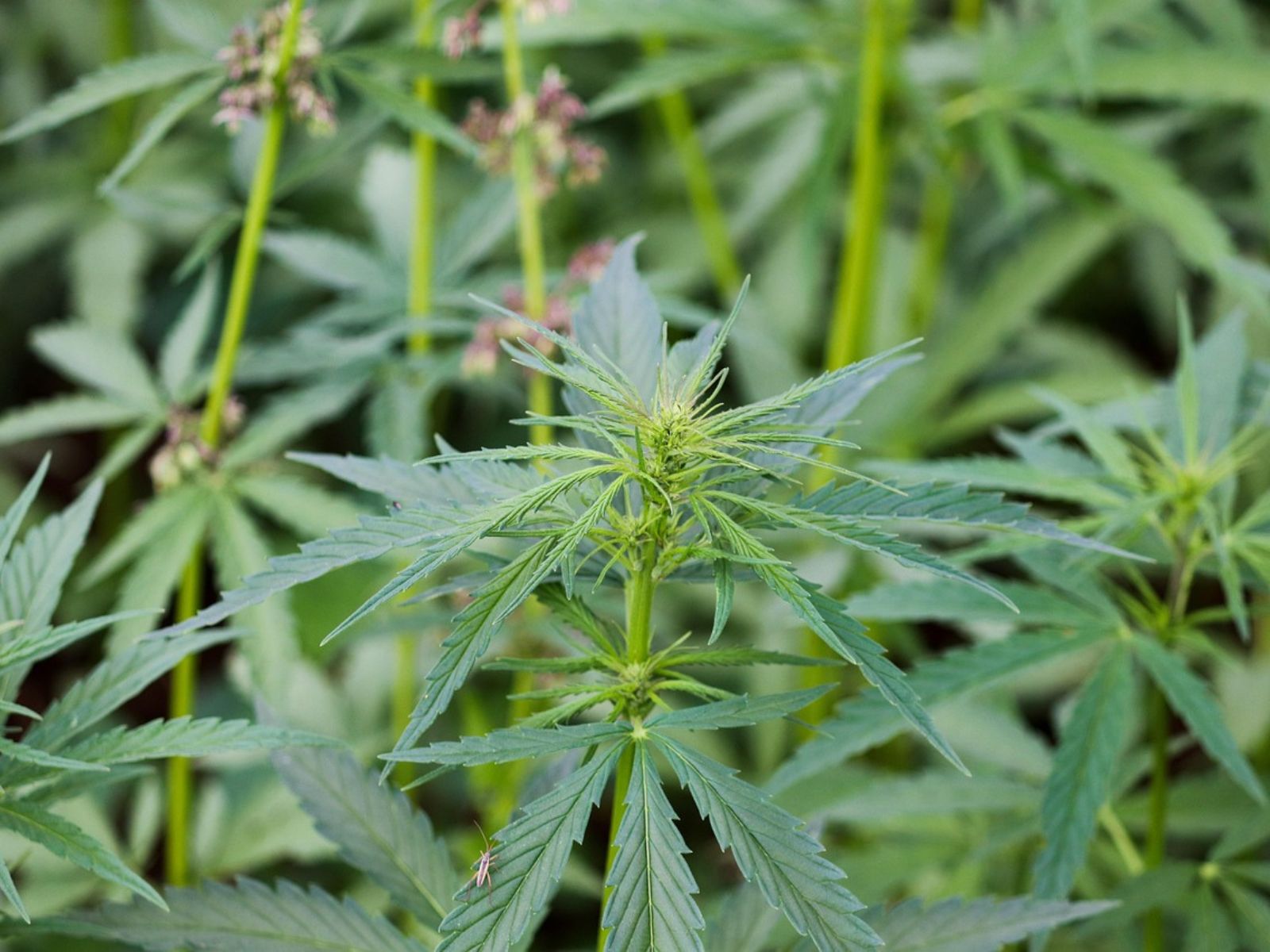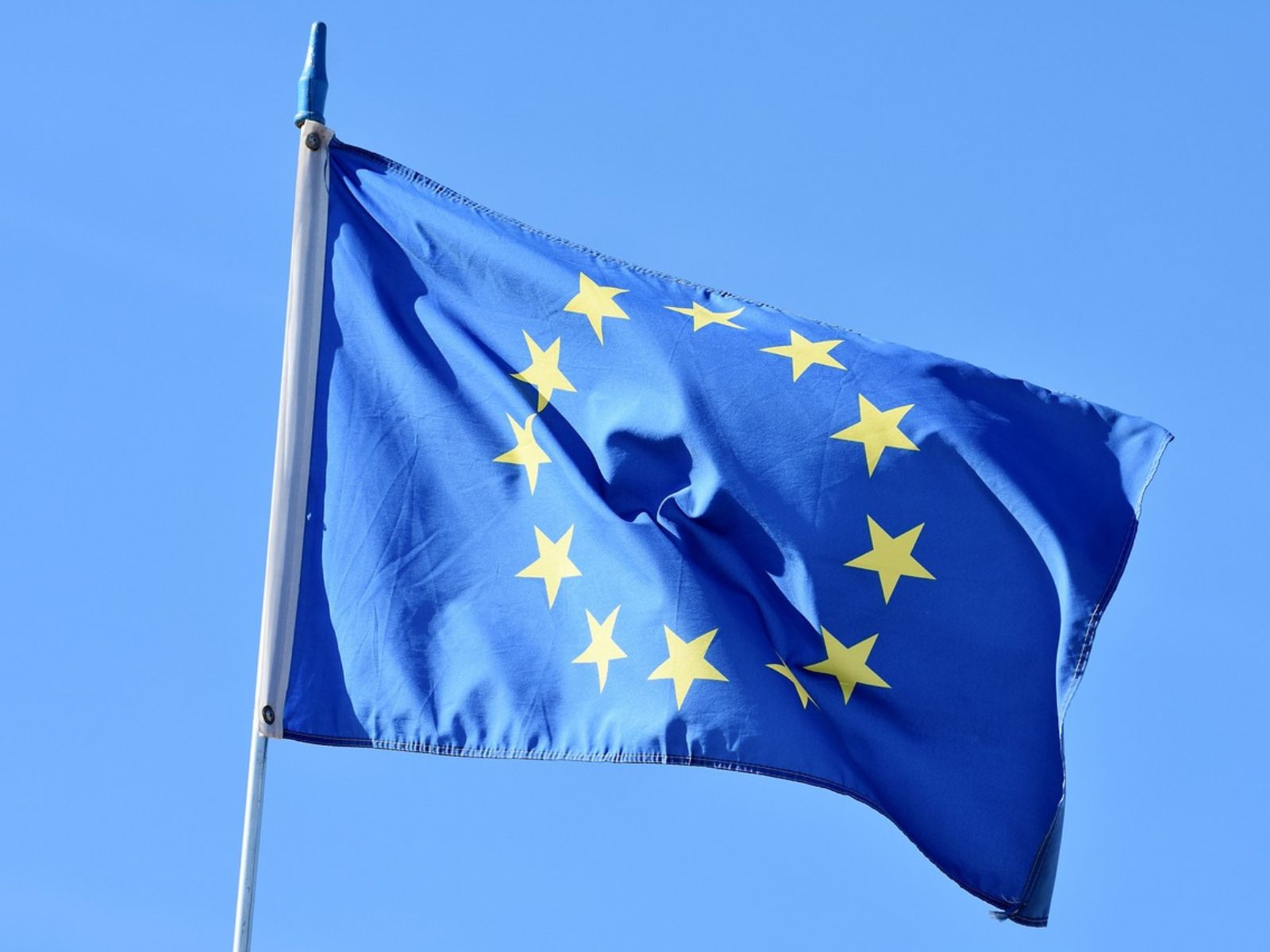
Hemp Leaves No Longer A Novel Food Under EU Law

Hemp Leaves No Longer A Novel Food Under EU Law
Cannabinoid-based products are increasing in popularity across the globe, and particularly so in Europe. ‘Cannabis light’ products are widely available in Europe, although they are not always completely legal.
Part of the problem is the patchwork of laws, rules, and regulations in Europe, with individual countries often having their own set of policies, with the European Union having sometimes conflicting policies. What is legal in one country may not be legal in another country, and all of it may be illegal in the eyes of the European Union depending on the situation.
To further complicate things, hemp and cannabis are treated differently by the governments of Europe (and elsewhere on earth), even though they are ultimately the same plant. If the THC content of a plant is under a threshold, typically .3-1%, then it is hemp. If it is above the threshold, then it is cannabis according to various governments.
It may seem like a big game of semantics to some, however, when it comes to public policy in Europe and the emerging industries that are governed by such policies, words matter. Thankfully, there is now reportedly clarification for hemp leaves at the European Union level, with the EU recently indicating that hemp leaves are no longer considered to be a ‘Novel Food.’ Per Cannabis Health News:
Hemp leaves, when separate from the flower, are now no longer classed as a Novel Food under EU law, permitting the sale of hemp-infused tea and tea-like products in member states.
An agreement to modify the Novel Food Catalogue was reached by EU members as part of a European Commission (EC) working group on Friday 2 June.
It’s now over four years since the EC made the controversial decision to classify all parts of the plants as Novel, meaning companies would need to apply for Novel Food status in order to legally sell cannabinoid-based products containing less than 0.3% THC in the EU.
The recent decision is obviously significant for people that sell cannabis teas and other products derived from hemp leaves. However, the decision clearly does not go far enough, and anything that is not derived from hemp leaves still faces a considerable amount of bureaucratic hurdles.
Europe’s emerging cannabis industry is increasing in size despite the playing field being far from level for cannabis companies compared to companies in many other major industries. Hopefully the governments of Europe, and the European Union itself, moves faster to modernize the continent’s cannabis policies.
Share article


Share article
Join Our Awesome Community
Join Our Awesome Community
Join Our Awesome
Community
Get all the latest industry news
delivered to your inbox







